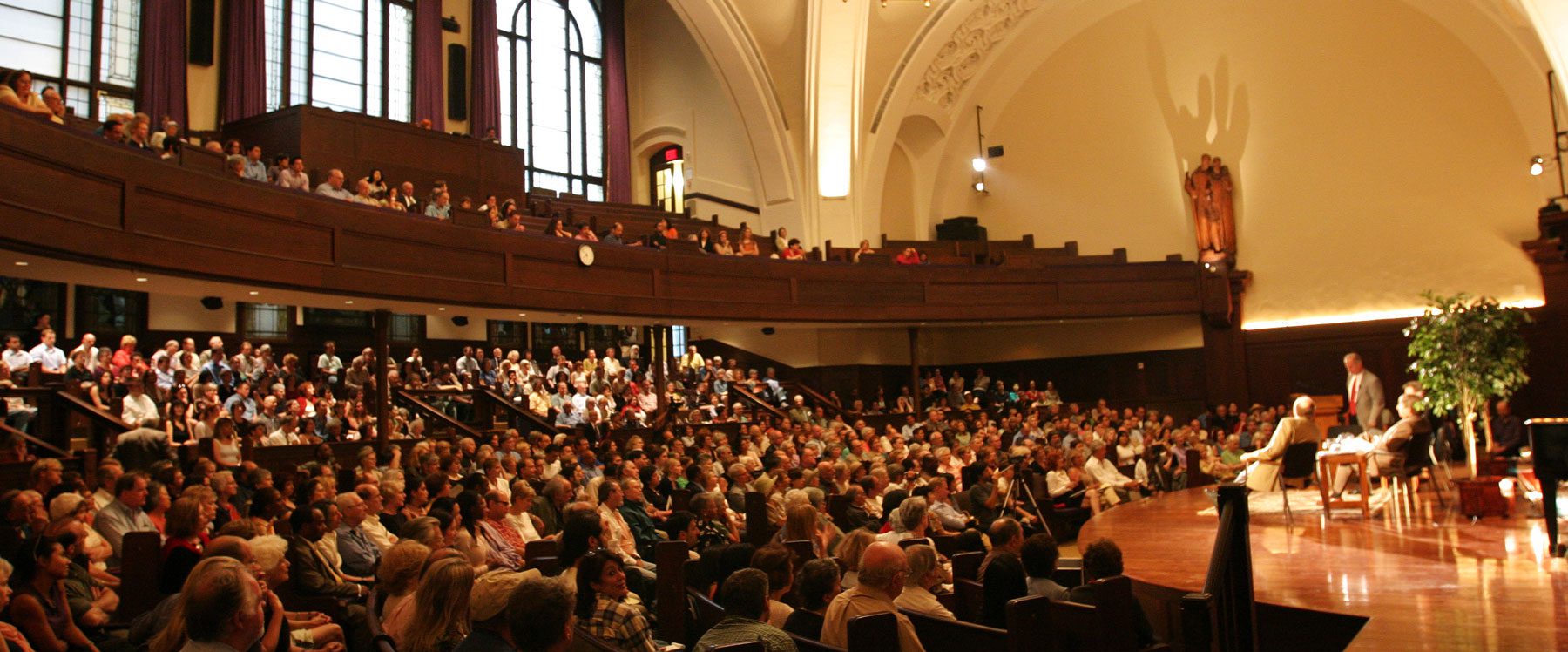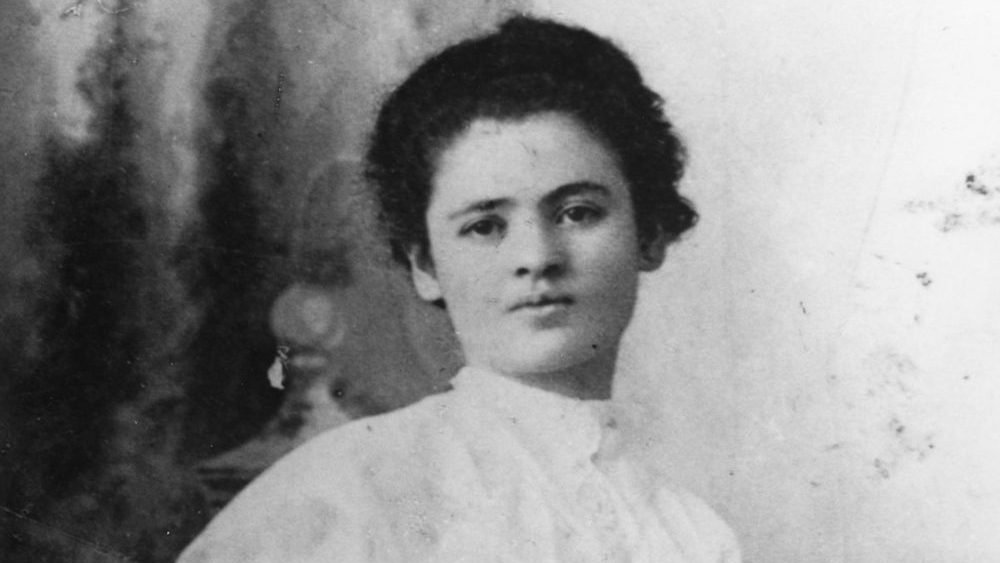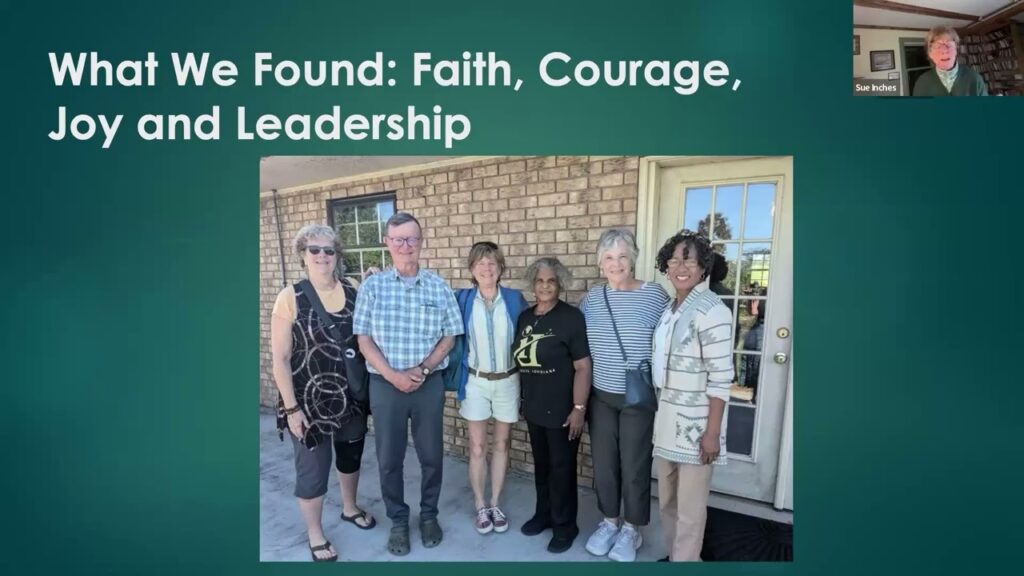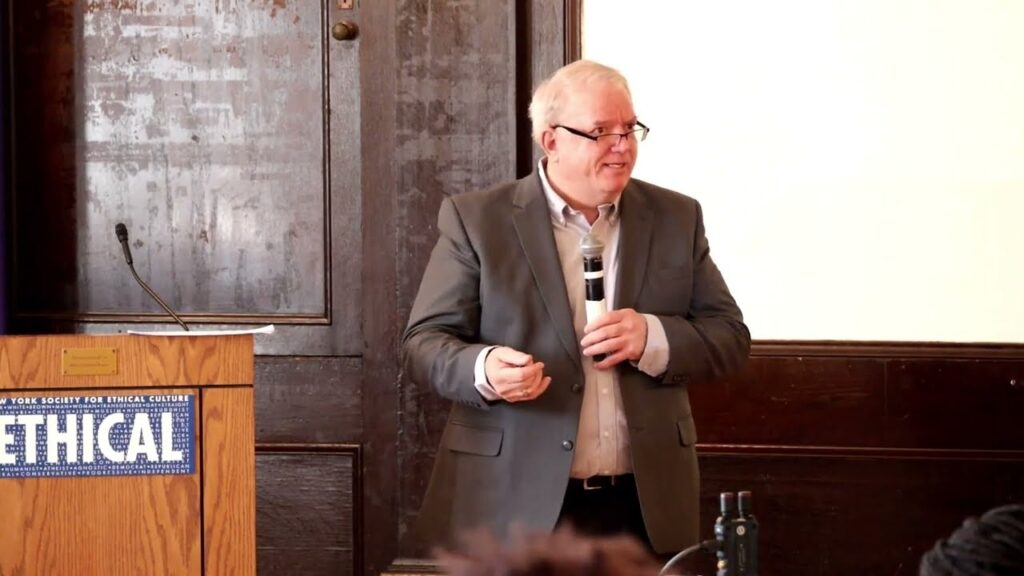
Turn on your television today and you will see commercials for school supplies. They started early last month and often feature parents gleefully singing and dancing as they push shopping carts down aisles loaded with backpacks, notebooks and snacks. In others, children spin around to show off their new school apparel. Yes, it’s that time of year again. Parents may feel relieved, but students and teachers often feel anxious. So much is at stake. Education is perceived as the key to success. Without a good education, students won’t get good jobs, meet the right people, or live in the best neighborhoods.
Public school teachers bemoan that they can do little more than “teach to the test.” All their training and creativity are stifled by an education reform movement, starting in the 1980s, that emphasizes national Common Core standards, having abandoned the progressive pedagogy of John Dewey that many of us experienced. Remember the field trips, school plays and festivals, and the thrill of “learning by doing”? Parents wanting that for their children today shell out tens of thousands of dollars in annual tuition to private schools or compete for scholarships.
Why does our nation have this dichotomy? And why do our students continue to fall “in the middle of the pack” compared to other industrialized nations? Since 1969, the National Assessment of Educational Progress (NAEP) has tracked what our students know and can do in various subject areas. It issues what is known as “the Nation’s Report Card,” and several institutions analyze these data looking for answers and solutions.
In his article, “In Praise of Dewey” (Aeon 7/28/16), Nicholas Tampio holds the U.S. Chamber of Commerce and the Charles Koch-funded conservative think tank the Heartland Institute responsible. “For both the business community and traditional-values conservatives, Dewey’s pedagogy fails to train workers, and inculcates liberal, even socialistic values.” This year is the centennial of Dewey’s ground-breaking tome, Democracy and Education: An Introduction to the Philosophy of Education. Tampio notes that “his pedagogy has been under assault for at least a generation.”
https://en.wikisource.org/wiki/Democracy_and_Education
This should be of great concern to Ethical Culture because, in many ways, Dewey took Felix Adler’s place as the philosopher of our movement. When I attended my first National Leaders Council retreat, I heard one leader heatedly say to another, “You have forsaken your father Felix Adler for your stepfather John Dewey.” Nonetheless, Adler would never have endorsed teaching to Common Core standards and preparing students to get better jobs. Both he and Dewey believed that education was essential to moral development and participatory democracy.
Children should be encouraged to pursue their own interests, find their own voices, and fight for a world where everyone can learn, grow and develop. To be a fully participating member of a democracy means far more than voting on Election Day. It requires a deep understanding of humanity and the ways in which we organize ourselves, an appreciation of history and cultures, and a commitment to the common good. It’s about putting democratic theory into practice every day in all of our relationships.
Tragically, as we can observe from this year’s election process, our national educational system has failed to teach even basic civics. One of our presidential nominees says he will uphold an article of the constitution that doesn’t exist, but his followers neither know nor care enough to correct him. People who expect opinions and policies to be based upon facts are called “intellectual elites” and dismissed by those who feel they are losing their social and economic status to immigrants and people of color. We all live in “bubbles” of different values and influences.
Let us, too, go back to school this fall. Let us learn what education can and should be. Celebrate the centennial of Dewey’s guide to progressive education by reading and discussing it. Then put it into practice. We owe it to ourselves and the future of our democracy.








